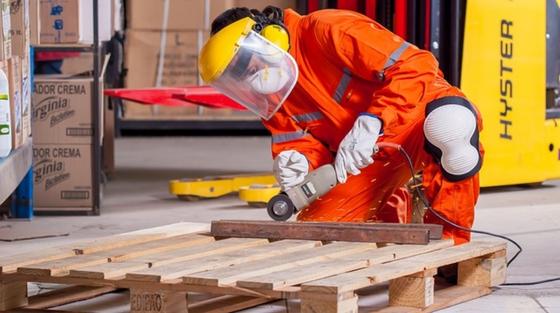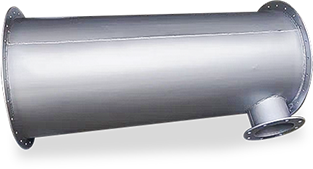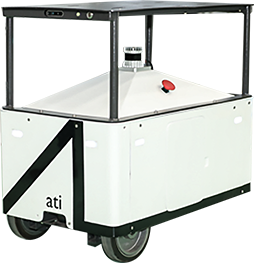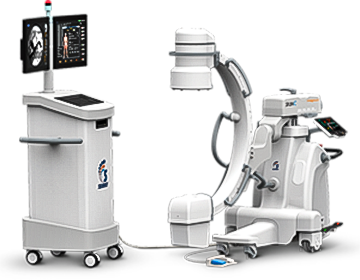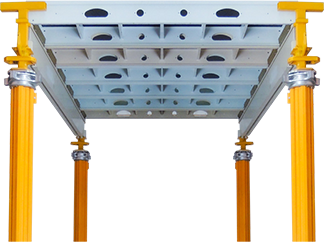
COVID-19, caused by the SARS-CoV-2, is perhaps the most landmark global event in the last 50 years, probably even the last century. It has spread across economic classes, political borders and led to widespread, global social and economic shutdown. Economic experts are comparing its effects to those of World War II and calling it the third World War. What does all of this mean for the manufacturing industry, especially in India?
To start with, the nationwide lockdown that started on 24 March exempted “manufacturing units of essential commodities” and “production units which require continuous process”, as per the Ministry of Home Affairs. This means that many essential industries are still functioning under the new conditions of economic recession and logistical lockdown. The data collected from these manufacturing units under such conditions will prove vital not only for future recession conditions but also for optimizing operations during a regular economy.
For a country with enormous pockets of high population density, India presents unique challenges to the COVID-19 problem, but can also create unique solutions. Many of these self-sustaining clusters (such as Dharavi in Mumbai) often have most essential services available within them. Since the coronavirus spreads through infected humans, gated communities can be created within such clusters and industries, including manufacturing, can continue as per normal. However executing such a task in India will require far more organizational coordination than usual.
However, as more skilled labourers head back to their native places in the wake of the coronavirus, manufacturing units will potentially face labour shortage now and in the near future. On the other hand, the possibility of a demand boom following the economic recession period will call for quicker and larger production requirements. This could put competitive stress on manufacturing units, and lead to more efficient units taking over either through adaptation of new technologies or more attractive labour conditions. Technology companies, especially startups like Skygge, could explore the opportunities in this space to create smarter manufacturing spaces.
In the meantime, the Government of India has also announced a large relief package of Rs. 1.7 lakh crores for this situation. The government’s ability to channel funds and resources to fight this pandemic points towards its eventual ability to invest in manufacturing when the demand boom occurs subsequent to the current recession. Regardless of the source of investment, such stimulus will be required post-coronavirus induced recession to revitalize the manufacturing industry. Right now, we can stay optimistic about at least the GOI’s ability to do so.
Economics apart, the breakout of COVID-19 and our eventual lockdown has also brought another trend to the limelight: working from home. While most software-technology based industries have long been practicing this system, albeit on a small scale, it has not so far been possible to apply this to the manufacturing industry, at least in India. However, forced lockdown has led all of us to explore novel ways of figuring out how work can be done from home.
More specifically, in larger manufacturing organizations, non-operations teams can use this time to pick-up on working from home. Coordination between manufacturing operations and other teams can undergo trial and error during the current period of low demand, to see what works best and if efficiency can be actually greater than working out of office.
Coming to remote manufacturing organizations like ourselves, at Karkhana.io we have been exploring long-distance communication for manufacturing operations. Given our circumstances right now, we have shifted our priorities entirely on manufacturing ventilators and other essential medical devices that can help India’s health systems fight this war. We are exploring how to work across state-border lockdowns, logistical impairment and general fear to still continue working on things that are the urgent need of the hour. What we learn from our operations in the months to come will serve us in creating more inclusive manufacturing practices for the future.
Largely speaking, the COVID-19 pandemic is not the end of the world. It is a sobering reminder of how vulnerable we are as human beings, in spite of building massive civilizations. At the same time, it also gives us opportunities to explore how we can do better towards ourselves as a species and as beings who create. Manufacturing on the whole may face a lull for now and in the near future, but in the longer run we will come out of this stronger and better than before.
